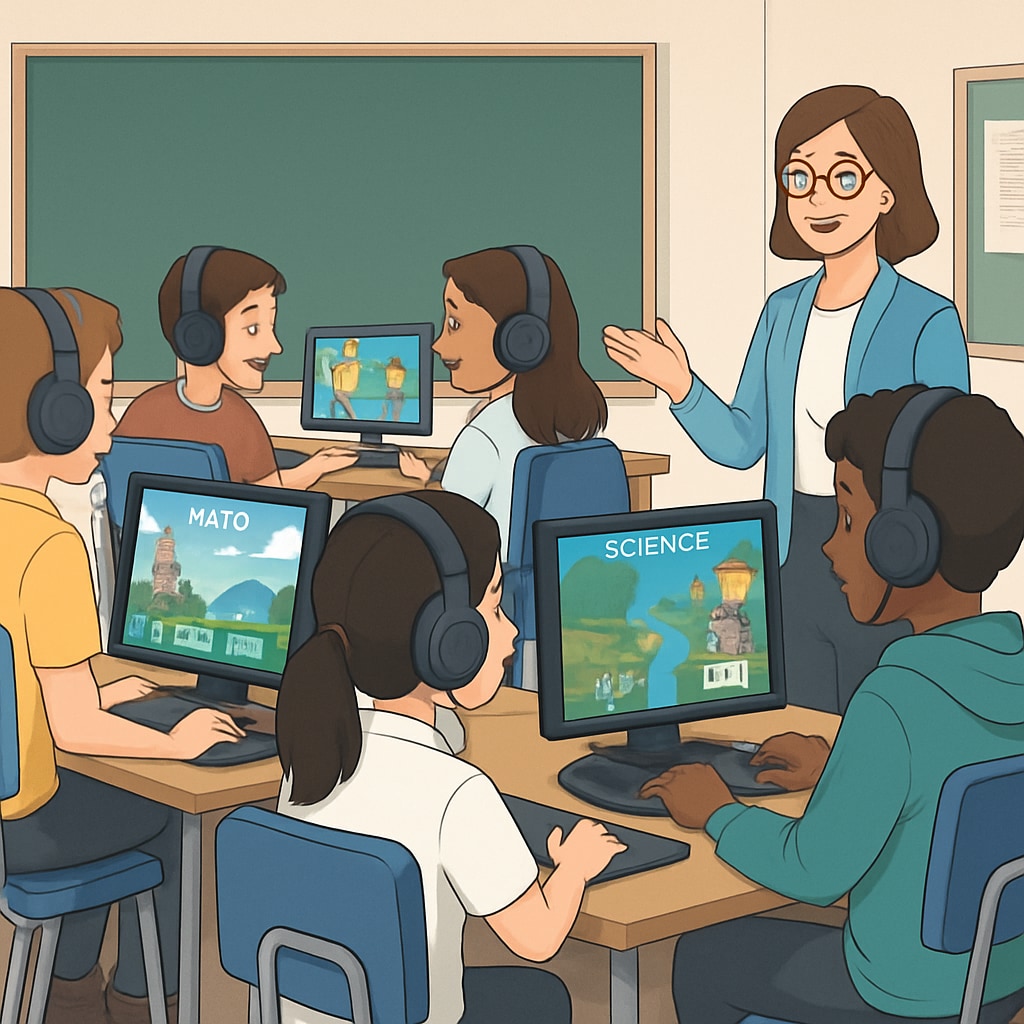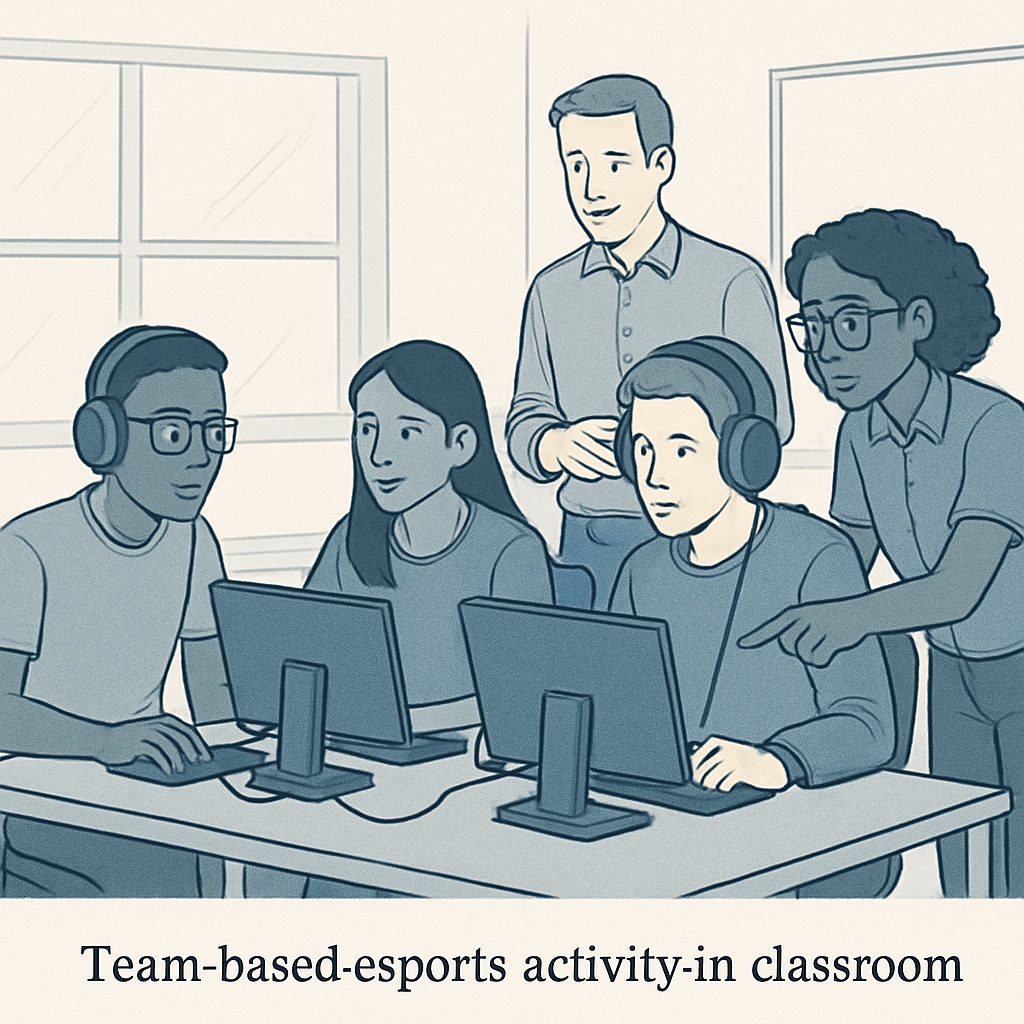Game-based learning, esports, and education are converging to create a transformative approach to learning. The recent partnership between GameClass and the North America Scholastic Esports Federation (NASEF) has introduced a groundbreaking strategy for K12 education. By integrating esports with core academic subjects, this collaboration brings a new dimension to game-based learning, offering students engaging, relevant, and impactful educational experiences.
How Esports Is Shaping Game-Based Learning
Esports (organized competitive gaming) has surged in popularity worldwide, engaging millions of players and spectators. As a result, educators have recognized its potential beyond entertainment. Esports can be leveraged as a tool for game-based learning, enabling students to develop critical skills such as teamwork, problem-solving, and strategic thinking. With GameClass and NASEF’s collaboration, these principles are being applied to core academic subjects, providing students with a unique opportunity to learn essential concepts in a fun and immersive way.

Innovative Integration of Esports and Core Subjects
The integration of esports into traditional curricula is redefining educational practices. For example, students might explore mathematical concepts such as probability and statistics while analyzing in-game performance metrics. Similarly, language arts lessons can be enhanced by having students create narratives or strategies based on esports scenarios. This innovative approach not only makes learning more engaging but also aligns with the interests of a digitally savvy generation.

Global Impact on K12 Education
GameClass and NASEF’s initiative extends beyond individual classrooms, impacting over 9,000 esports clubs globally. By providing access to game-based learning resources, these organizations are fostering a worldwide educational revolution. Students from diverse backgrounds can now participate in esports-driven learning, breaking down geographical and socioeconomic barriers.
In addition, this educational model emphasizes inclusivity, ensuring that students of all skill levels and interests can benefit. Research shows that game-based learning increases academic engagement and retention. By combining esports with education, the collaboration is paving the way for a future where learning is more accessible, equitable, and effective.
The Future of Education in a Digital Age
As technology continues to evolve, education must adapt to meet the needs of digital-native students. GameClass and NASEF’s partnership serves as a beacon of innovation, demonstrating how game-based learning and esports can coexist to create a dynamic and interactive educational experience. The future of education lies in integrating technologies that resonate with students, and this initiative is a prime example of how game-based learning can be effectively implemented.
For educators and policymakers, the success of this model highlights the importance of investing in game-based learning platforms and esports programs. It opens the door to new possibilities, where students can learn core subjects through methods that are not only effective but also enjoyable.
Readability guidance: The text uses short paragraphs, clear transitions, and lists to summarize key points. Esports and game-based learning concepts are explained in accessible language, ensuring readability for a broad audience.


